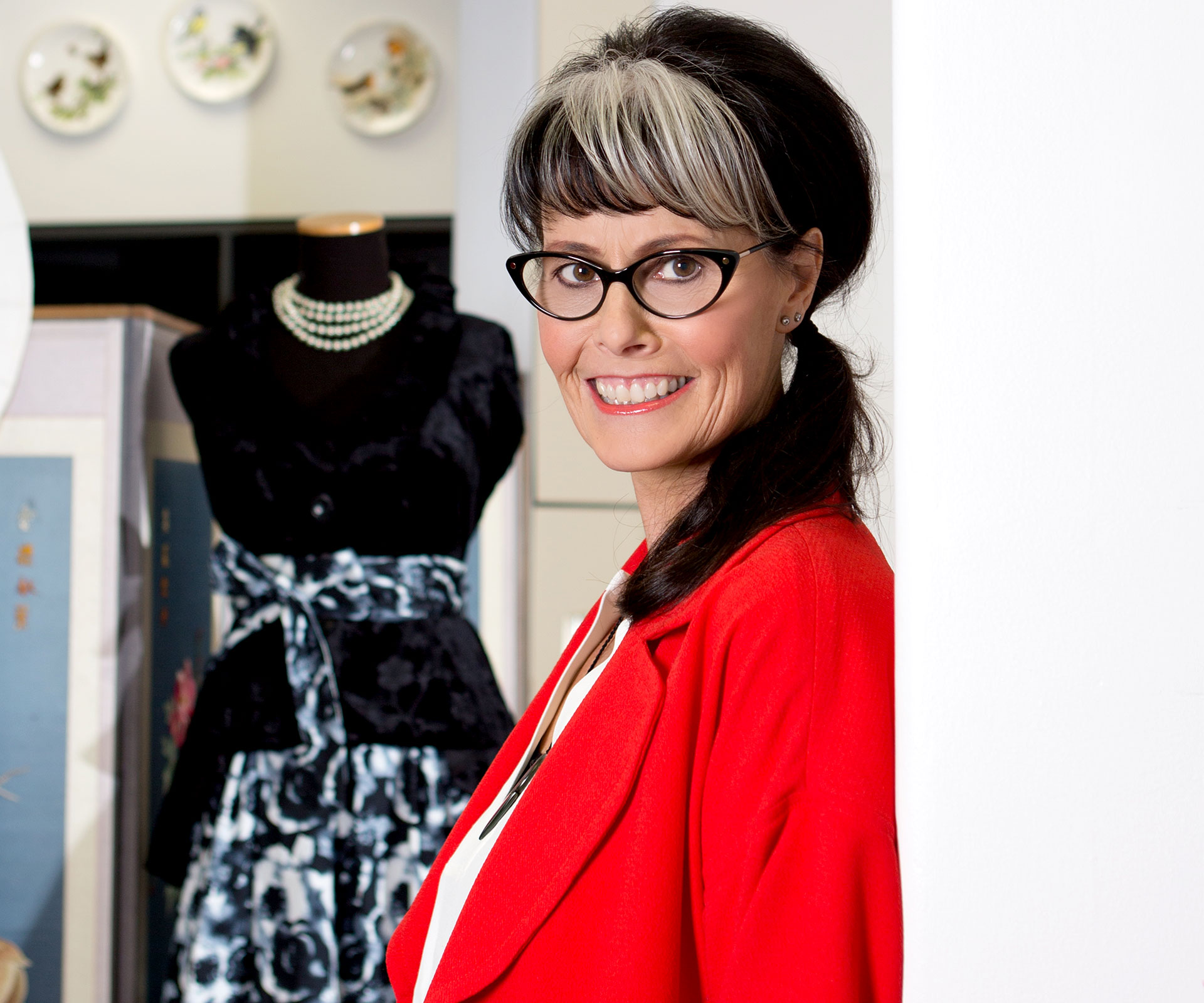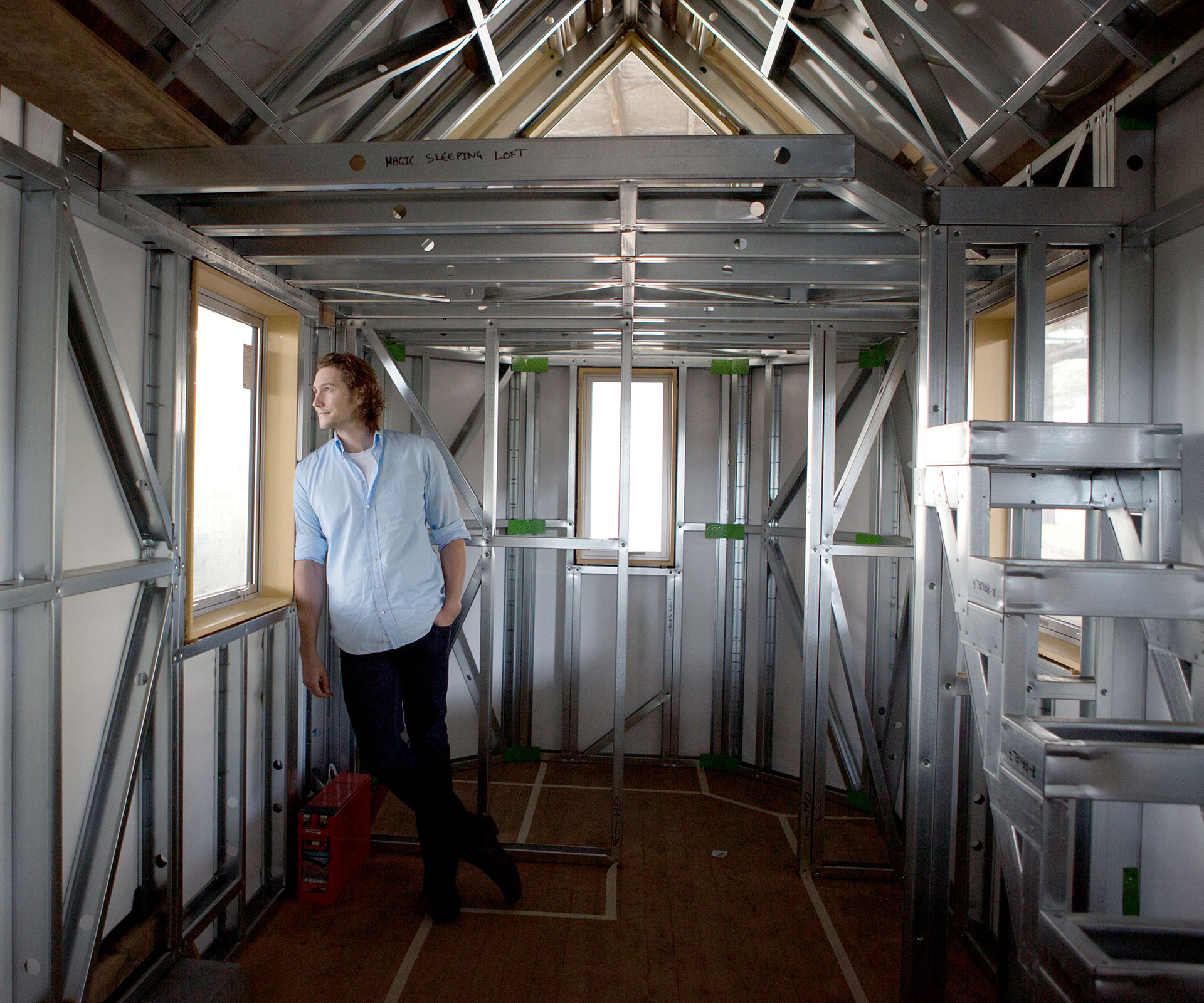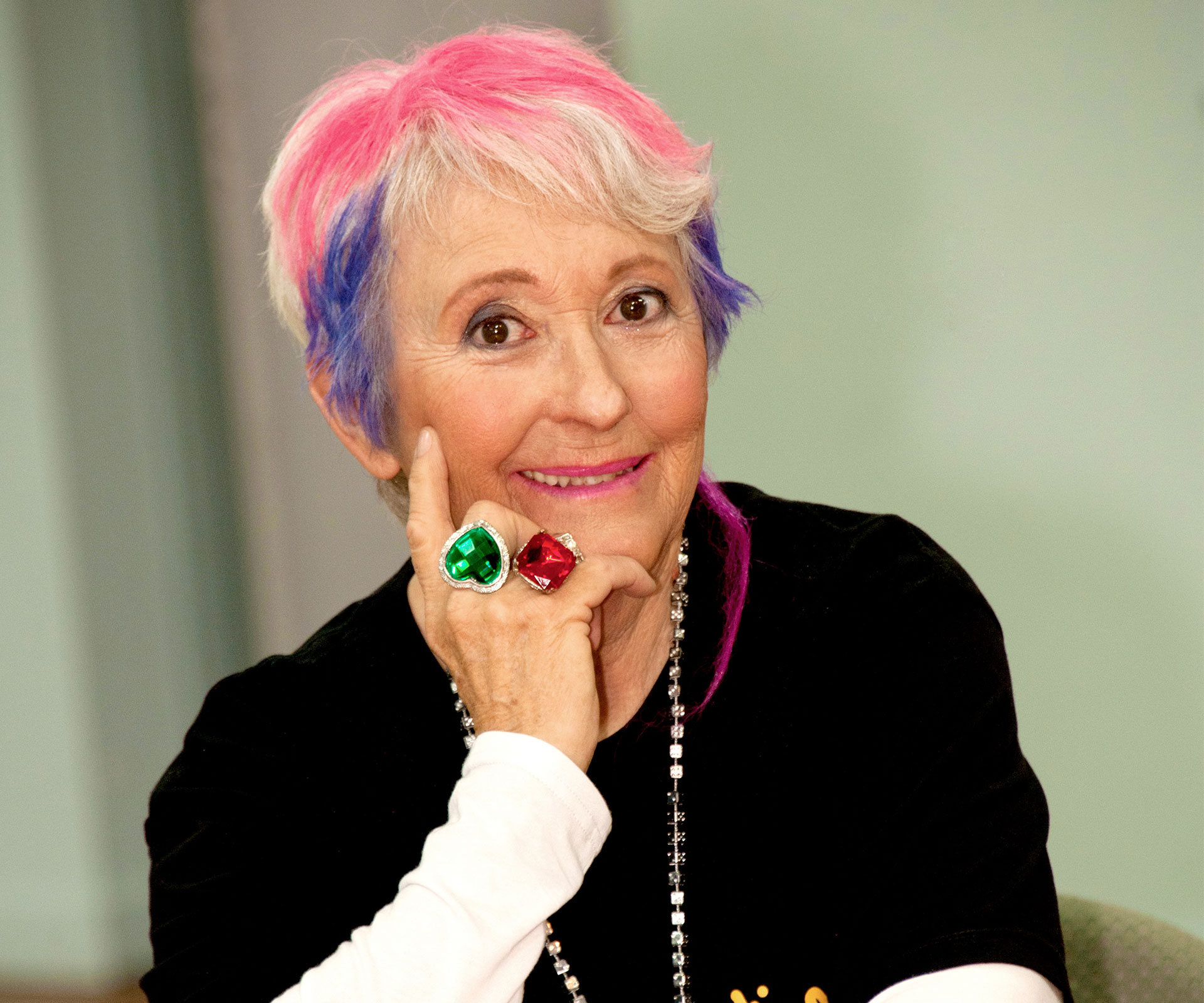It’s good business to be seen to be doing good. But there is much more to running a socially conscious enterprise than paying lip service to giving back to the community.
Once upon a time businesses would align with charities to make themselves look better, but now they’re doing it because they genuinely want to better the world we live in. Of course, it still comes down to the bottom line, but if these companies can do good while making money then it works in everyone’s favour.
Reclaim Another Woman
Fashion designer Annah Stretton brings her experience as a mother of “two very capable children” to bear in her latest venture: an ‘incubator home’ for women recently released from prison.
Four women live in her first RAW (Reclaim Another Woman) house in the Waikato, which opened in March, and 30 more have signed up to the programme while still in prison. Stretton saw a yawning gap in the assistance available to women when they leave prison. They’re unable to secure work or housing because of their criminal record and are therefore forced
to return to dysfunctional families and abusive partners, to drugs and alcohol and a life of crime to pay the bills.
“Integration is just about impossible for them,” she says. “They are set up to fail from the moment their sentence finishes.”
She knew they needed a safe place to learn the basics of successful living: how to cook, keep a house and garden, get fit, budget, improve their parenting skills, get an education and pick up job-hunting skills. Once they have spent a year in an incubator house they should be ready to find work or continue their education, get their children back, pair with a RAW mentor, and make further positive changes in their lives.
“I’m not coming from a trained perspective but from an intuitive perspective,” says Stretton, who believes it’s about giving the women positive examples of how to live a life with integrity and sound morals, to show them how to be “decent human beings”, as you would for your own children.
It’s also about offering a fresh start. “We want to break down that stigma of what a former prisoner looks like. They don’t have two heads and travel with a gun.” Stretton says while New Zealanders are generous, we tend to focus on people in crisis, not what happens after crisis.
“This country is very good at giving people fish, but we’re not good at teaching them how to fish. I’m bringing commercial thinking to something which is a massive problem for this country. I think we have our heads in the sand over it; [we think] it’s a government problem. It’s not a government problem. It’s not about money, it’s about time. We’ve got to give people time.”
While customers are positive about RAW and Stretton’s other charitable endeavours, she says, “I certainly don’t do it to drive frock sales.”
In fact, she’s looking to transition out of the business and leave it in the hands of her daughter and sees her unpaid work with the Annah Stretton Foundation as her future path. That said, business has a big role to play in charitable work, Stretton believes.
“I think it’s very important to contribute to the external environment when you are a capable business. There are those who align to charities to build brands, which can be very useful for the charities, who offer real value [to the companies through their association]. I’m not averse to that, I think it’s a way for both to drive outcomes.”

Jason and Jess now have 10,000 books to give away to 10 schools.
Frank Stationery
Jason Holdaway has always been entrepreneurial. The 30-year-old Aucklander started a carpet-cleaning business while studying business at university and went full-time when he graduated, selling up just last year as other commitments took over. But there is an equally strong philanthropic side to Jason’s character that is shared by his graphic designer wife Jess, 26, and is sewn into the fabric of the socially conscious business they founded nearly three years ago.
Frank Stationery runs a simple “buy one, give one” scheme, meaning for every notebook, pencil or backpack you buy from them, they will donate an equivalent item to a school in need. The couple started with a soft launch in November 2012, offering just four coloured notebooks online. They are now selling enough of their stylish goods (most designed by Jess) through their website and 35 retailers that Jason works full-time for the company and Jess hopes to eventually join him.
Having volunteered in Thailand and the Philippines, the couple were keen to help people closer to home, focusing on alleviating the often unseen effects of poverty. They spent a lot of time talking to teachers at low decile schools in the Auckland region and found out many children were going to school without the basic tools they needed to work.
They admired the ‘buy one, give one’ model pioneered by companies such as the US-based Toms, which started with shoes and now sells bags, sunglasses and coffee and is valued at more than $850 million. The Holdaways knew building giving into the business would make it harder to succeed, but for them it was non-negotiable. “That generosity streak has to be there,” says Jess. “If we can’t make that work, then the business doesn’t work.”
Like any business, they still had to get the fundamentals right. “At the start we didn’t know much about branding and there were a lot of hits and misses with that,” says Jason.
From the customer’s point of view, although they like the fact their purchase helps disadvantaged schoolchildren, they won’t buy the product if it doesn’t appeal.
“If we can produce something that is really well designed, as good as the competition, and the purchase gives back to the community, that’s nice as well,” explains Jason. In the past 18 months, since launching proper, they have given away 6000 items. Having met their goal of setting up that school for a year, they are broadening their approach, choosing to work with a region in the central North Island. Thanks to brisk sales over Christmas and a general uptake in business, they now have 10,000 books to give away to 10 schools.
They believe consumers have become invested in making ethical shopping choices, especially the millennials – those born between the 1980s and 2000.
“Our generation is more aware and is more informed in the purchasing decisions they are making,” says Jess. They remain loyal to brands that they see as doing good and share those brands’ stories with each other, creating powerful word-of-mouth marketing. However, those brand stories have to be relevant, says Jason.
“Our story is good because what we give back is tied into the business. It’s important it’s not a backdoor thing that happens – it needs to be aligned to core business and in line with what they are actually doing.”
Words by: Eleanor Black
Photos: Emily Chalk


